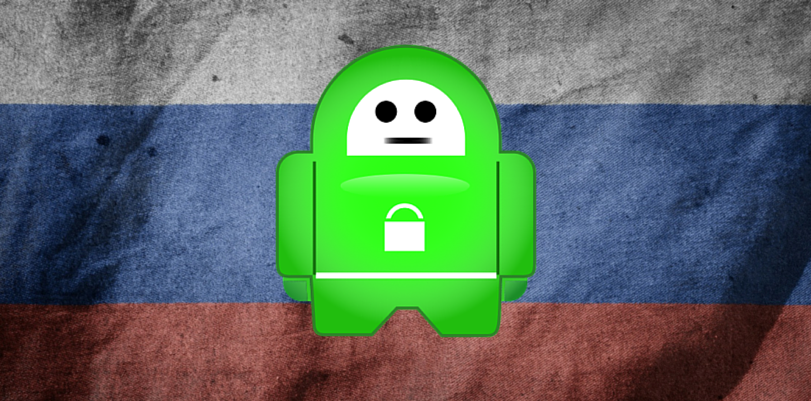Private Internet Access is one of our favorite VPNs here for many reasons. They are extremely cheap per month (only $6.95), and their yearly subscription is only $39.95. For that, you get great speeds, tons of servers, and great clients that are reliable. They even have decent live chat and an active forum community. However, like all VPN providers–there’s often a catch. For Private Internet Access, that catch might now be Russia. So does Private Internet Access work in Russia?
New Law Passed in Russia
Recently, Private Internet Access has announced that they no longer support Private Internet Access in Russia. They announced in their press release that they are no longer doing business with Russia since Russia just passed a new law which makes ISPs and cell operators to store metadata of all internet traffic as well as cellphone data (SMS and calls).
Private Internet Access’s servers (RU) were thus seized by the Russian Authorities giving them access to any data they had. As you might know, Private Internet Access doesn’t store data–so for now, the Russian government had no data to collect–in short, if you’ve been using PIA in Russia, your data is secure.
Private Internet Access’s statement is as follows:
The Russian Government has passed a new law that mandates that every provider must log all Russian Internet traffic for up to a year. We believe that due to the enforcement regime surrounding this new law, some of our Russian Servers (RU) were recently seized by Russian Authorities, without notice or any due process. We think it’s because we are the most outspoken and only verified no-log VPN provider.
Luckily, since we do not log any traffic or session data, period, no data has been compromised. Our users are, and will always be, private and secure.
Upon learning of the above, we immediately discontinued our Russian gateways and will no longer be doing business in the region.
To make it clear, the privacy and security of our users are our number one priority. For preventative reasons, we are rotating all of our certificates. Furthermore, we’re updating our client applications with improved security measures to mitigate circumstances like this in the future, on top of what is already in place. Also, our manual configurations now support the strongest new encryption algorithms including AES-256, SHA-256, and RSA-4096.
All Private Internet Access users must update their desktop clients athttps://www.privateinternetaccess.com/pages/client-support/ and our Android App at Google Play. Manual OpenVPN configurations users must also download the new config files from the client download page.
We have decided not to do business with the Russian territory. We’re going to be further evaluating other countries and their policies.
In any event, we are aware that there may be times that notice and due process are forgone. However, we do not log and are default secure against seizure.
If you have any questions, please contact us at [email protected].
Thank you for your continued support and helping us fight the good fight.
What does this incident mean?
On the surface, this almost seems like a public relations stunt for PIA to announce how they don’t log or collect any traffic. Certainly, they have to make something seem good out of losing all of these servers.
However, Private Internet Access is mainly just blaming the entire issue on the law–but in reality, it’s because their servers got taken. PIA could easily replace them with another RU provider. However, PIA doesn’t want to risk another costly loss of hardware.
If you want to use some good VPNs in Russia besides PIA, check out our top 5 VPN providers (excluding PIA) that work anywhere in the world.
